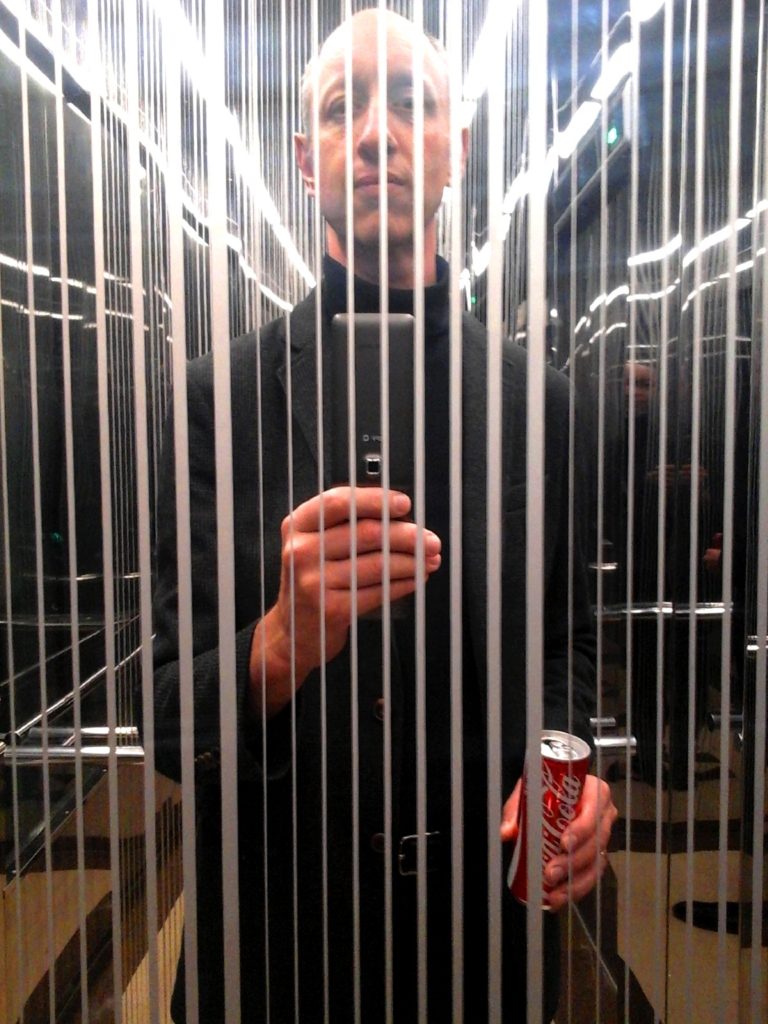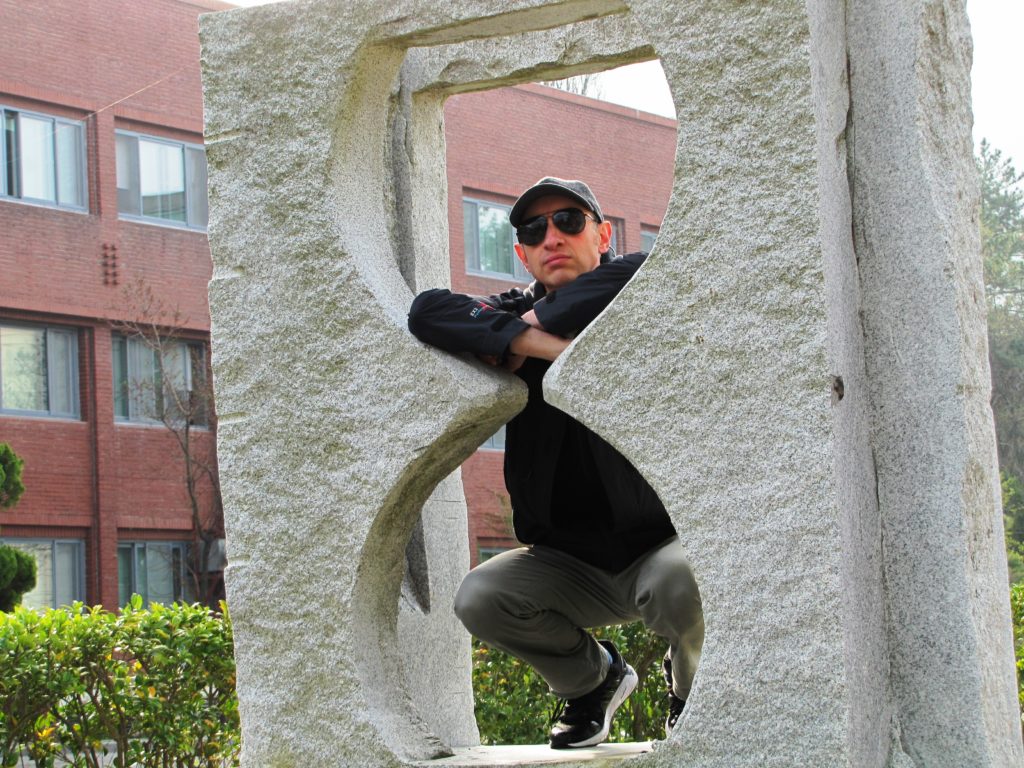Look Happy!
Recently, a friend returned to a frequent theme of our conversations, namely the infantilization of contemporary society. In particular, he noted the increasing emphasis on the supposed importance of making every aspect of life “fun.” Work should be fun. Learning, of course, should be fun. Even politics should be fun — Trump, as cultist Clarice Feldman gushes, is “the most fun president ever.” Fun — i.e., mindless pleasure, like being tickled — is the progressive world’s essential palliative for the life of increasing conformity, submission, and spiritual unseriousness to which we are all to be tethered. But tethered pleasantly. Tethers can be fun!
This reminds me of an interesting rumination from Milan Kundera, a novelist whose works are built almost entirely on foundations of interesting ruminations, and who shares this concern with late modernity’s infantilizing impulse. In one of his later novels — Identity, I believe, but unfortunately I don’t have it with me to verify that — he observes that if one scans the French political magazines, one notices that every article is accompanied by an author’s photograph, and that in every single photograph the author is smiling.
It makes no difference whether the article is about starvation in Africa, the latest parliamentary scandal, the passage of a controversial bill, or a terrorist bombing — both the author who wrote the article and the magazine that is publishing this author’s account of the latest suffering and strife on the planet want you to know that they are “happy,” where happiness equals cheerfulness.
But as Kundera notes, and as is obvious from a moment’s reflection, no one ever had a really serious thought while grinning like a fool. The cheerful, toothy smile — “Hey, how are ya?” — is the expression of one whose mind has temporarily traded in its thoughtfulness (if it ever had any) for the comforting welcome of the harmless, insensible idiot. “I wouldn’t hurt a fly,” that smile says — “because I am too stupid to know how to hurt a fly.”
Think of all the famous portraits in the history of art, from the Mona Lisa to Whistler’s Mother to the self-portraits of van Gogh and Picasso. With very few, very peculiar exceptions, such as a couple of Rembrandt’s more fanciful works like “Prodigal Son in the Brothel,” the great painters painted men and women serious, grave, or at most placidly content. The same is true of the classic sculptures. Think of Michelangelo’s David with a big, cheerful grin on his face; the pinnacle of the artform incinerated in a burst of self-mockery. Consider the Greek sculpture of which Lessing said, “beautiful men made beautiful statues, and the city had beautiful statues in part to thank for beautiful citizens.” Now think of those beautiful statues smiling like a modern magazine or website author’s photograph. So much for the beauty of the citizens of Athens. So much for classical Greece itself, the fountainhead of much of what is great in so-called Western Civilization. No one ever laid the foundation of a civilization with a cheerful “Hey, how are ya?”
But today the cheerful portrait — the author, professor, politician, judge, or artist grinning moronically at the camera for no reason, as though your expression at the moment someone tickles your armpit were the definitive human expression — is ubiquitous. (The only alternative, in the late modern catalogue of expressions, being the mock-serious sexual glare of the matinée idol or pop singer.)
Why? Because we do not value seriousness. Because our progressive betters have persuaded us, through generations of childhood indoctrination and pop-cultural propaganda, that fun is the highest human state, that cheerfulness is morality, that looking nice is vital to the maintenance of the social order. And so we believe we do not look good unless we are smiling. (“Say cheese!” Why?) We believe looking thoughtful or placid — the real “natural state” of a human being — bespeaks unhappiness, where, to reiterate, happiness equals cheerfulness.
And this is significant, no mere trend. For “I’m cheerful,” of course, means, “Don’t worry, I’m not thinking, I will not judge, I will question nothing, I am just doing what I do without complaint, and I am happy to let you do whatever you do without complaint. I can accept anything and everything. Let’s all just smile together.”
What a fun world we live in. A fun, brave new world.






